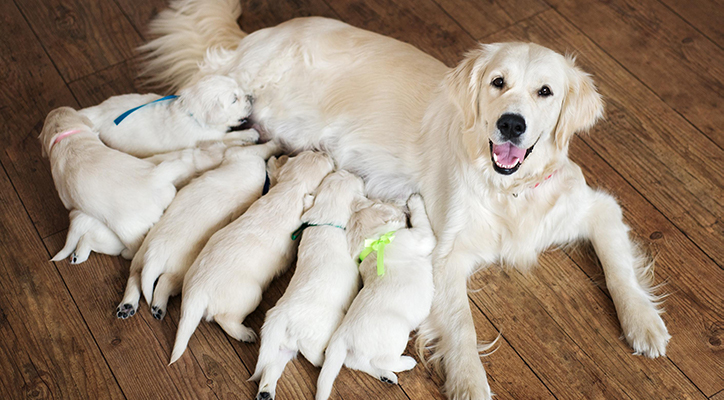
Spay & Neuter
Cats and dogs should be spayed or neutered at 6 months of age. Spayed or neutered pets will live longer, healthier lives. Most owners feel this procedure improves their pet’s personality.
The Benefits of Spaying
Spaying at a young age prevents mammary cancer, life-threatening uterine infections, unwanted kittens and puppies, annoying heat cycles, and urine marking in the house.
The Benefits of Neutering
Neutering at a young age prevents prostate enlargement, prostate infection, and prostatic cancer. It also prevents cancerous tumors of the testicles and anus. Neutering will also reduce or eliminate undesirable and embarrassing behavior, including roaming, fighting, mounting, and urine marking in the house.
What exactly is a “spay” surgery at Hamilton Animal Care?
Spaying in dogs and cats is an ovariohysterectomy. Both of the ovaries are removed. The uterus is removed from a point just above the cervix. Blood vessels to the ovaries and uterus are tied off properly and the incision is closed in several layers. The skin sutures are removed in 10 – 14 days.
What precautions does Hamilton Animal Care take to protect my pet when I bring her in for a spay surgery?
All pets are thoroughly examined by their doctor on the morning of their procedure. Your dog or cat is then given sedation to relax them prior to receiving general anesthesia. For further assurance of your pet’s safety, we place an indwelling intravenous catheter in the front leg of each surgery patient. Our doctors and nurses use the safest anesthesia available. Before and during each surgery, her EKG, pulse oximetry, and blood pressure are continuously and individually monitored by our nurses. After her surgery, she will continue to be monitored and cared for in our ICU area. She will be kept comfortable with any additional pain medication she needs as well as lots of TLC. She will be discharged from our ICU the following day. The sutures are removed in 10 – 14 days.
What does it mean to “neuter” my pet at Hamilton Animal Care?
Neutering a male dog is a surgery that removes the testes but leaves the scrotum untouched. An incision is made, just in front of the scrotum. The testicles are removed through this incision, vessels are tied properly to stop bleeding, and the skin is sutured closed. The sutures are removed after 10 – 14 days.
Male cats are neutered in a similar way. A very small incision is made directly over the testicles. The testicles are removed through this incision. The skin incision is small enough that stitches are not needed.
What precautions does Hamilton Animal Care take for my pet when I bring him in for a neuter surgery?
All pets are thoroughly examined by their doctor on the morning of their procedure. They are then given sedation to relax them prior to receiving general anesthesia. For further assurance of your pet’s safety, we place an indwelling intravenous catheter in the front leg of each canine surgery patient. The surgery to neuter a male cat is a less invasive and less time intensive procedure; they do not require an IV catheter. Our doctors and nurses use the safest anesthesia available. Before and during his surgery, his EKG, pulse oximetry, and blood pressure are continuously and individually monitored by our nurses. After his surgery, he will continue to be monitored and cared for in our ICU area. He will be kept comfortable with any additional pain medication he needs as well as lots of TLC. He will be discharged from our ICU the following day. In dogs, the sutures are removed in 10 – 14 days.
Contact Us Today
To learn more about spaying and neutering, or to schedule an appointment, call us at 610-395-0707 (Hamilton Blvd) / (610) 814-7770 (Tilghman St).
